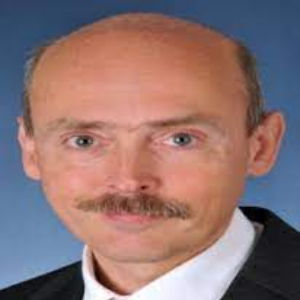Title : Role of endovascular procedures in the management of arterial complications following pancreas transplantation
Abstract:
Endovascular medicine is one of the most rapidly expanding fields in medicine today. Vascular complications after pancreatic transplantation carry a high rate of graft loss. It is therefore obvious that efforts have been made to utilise endovascular techniques to treat the challenges of pancreas transplantation. We reviewed all pancreas transplant procedures in our centre since 1994 (n=556). All endovascular procedures performed for arterial complications related to the pancreas graft were collected. We confined our search to arterial problems since interventions on the veinous side were less homogenous and much more diverse. We also did not consider procedures carried out for improvement of inflow in the pelvic vessels or for problems related to PAD because the indication for these intervention does not differ from the indications in not transplanted patients (only with regard to the special emphasis in transplant patients to preserve adequate vessel segments for further transplants). In our series endovascular techniques were used in the following settings: - stenosis of the Y-graft: n = 6 - pseudoaneurysm: n = 1 - av fistula: n = 1 - consolidation of the vessel wall after bleeding due to arrosion: n = 7 In all cases the procedure could be carried out successfully thus minimising the need for surgery. The implantation of covered stent grafts following a bleeding episode due to arrosion originating from the pancreas graft seemed also superior to open surgery because we did not observe any episodes of rebleeding. None of the procedures had to be carried out in the first month following transplantation, but were treatment options in the long run (range 41 - 4012 days after the transplant operation). Pancreas transplantation is an operation not known to many surgeons. So, in an emergency, most surgeons will be confronted with unknown and unexpected problems. This abstract highlights the possible pitfalls of this complex procedure, shows how life threatening situations might be handled and how the evolvement of endovascular medicine contributes to the modern management of these cases.



